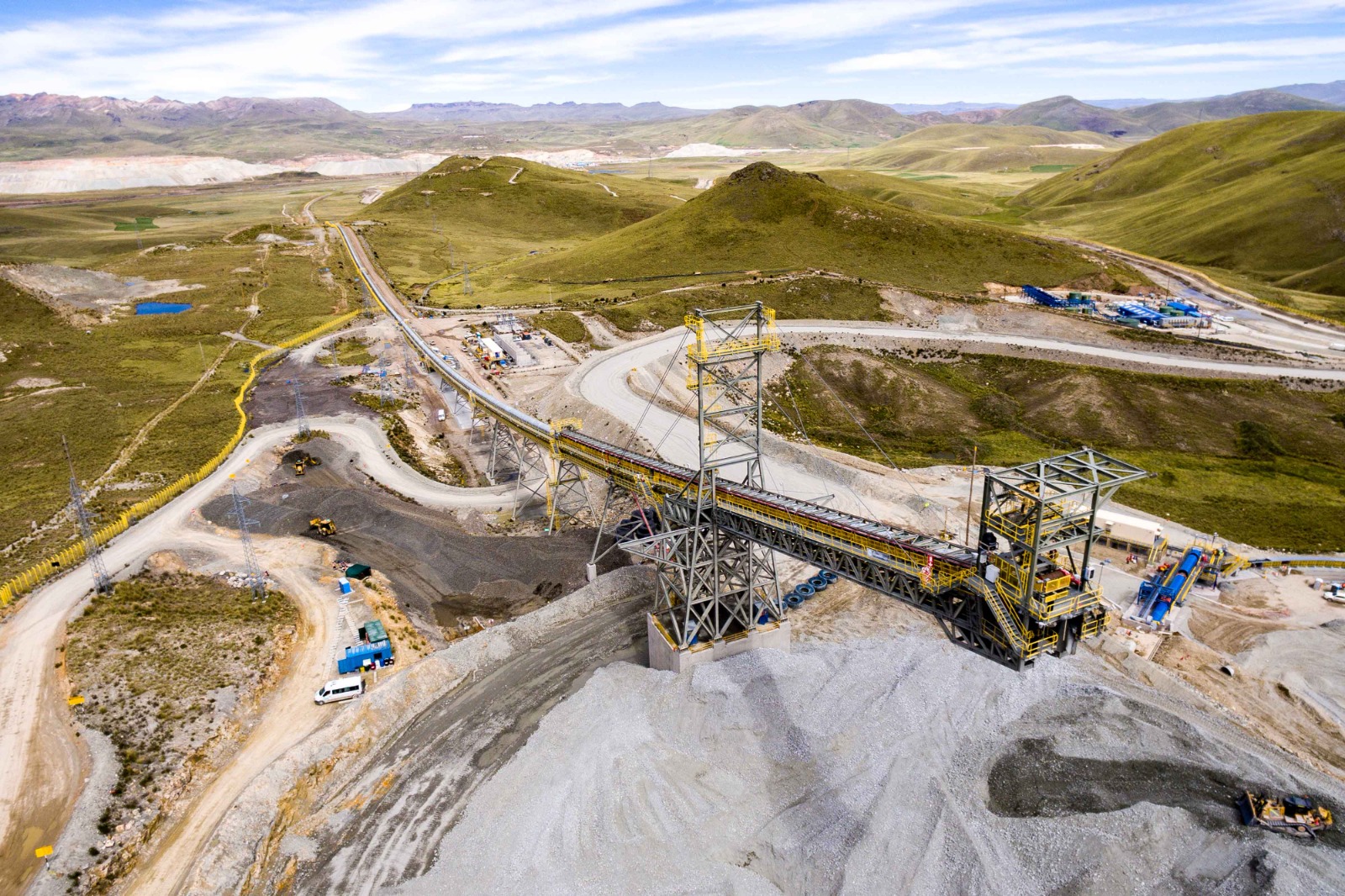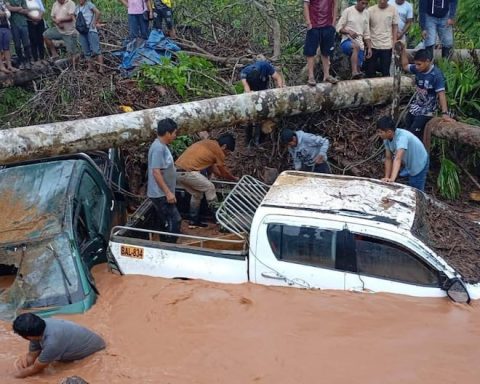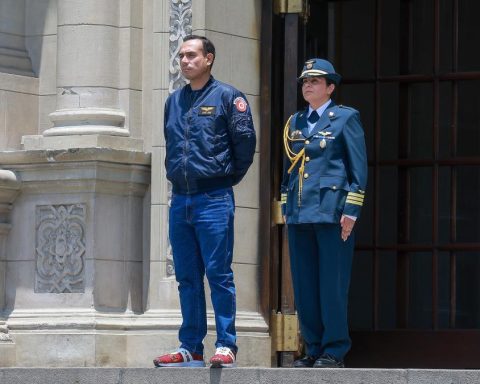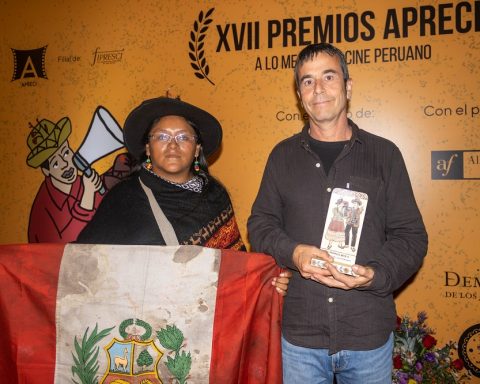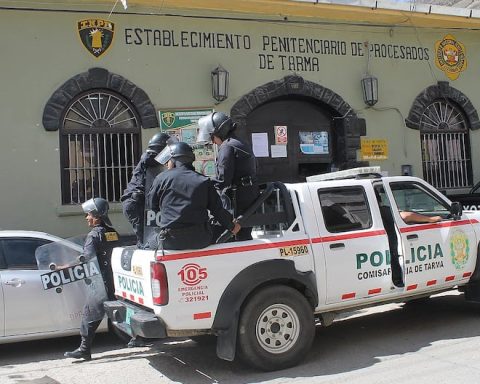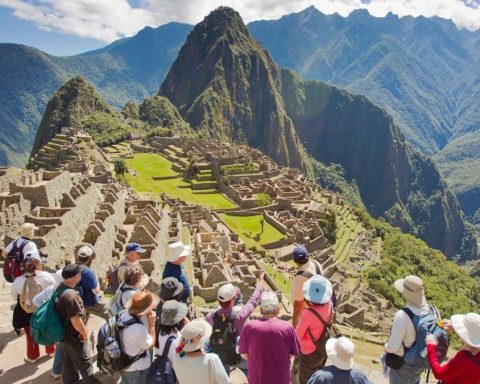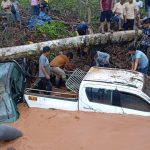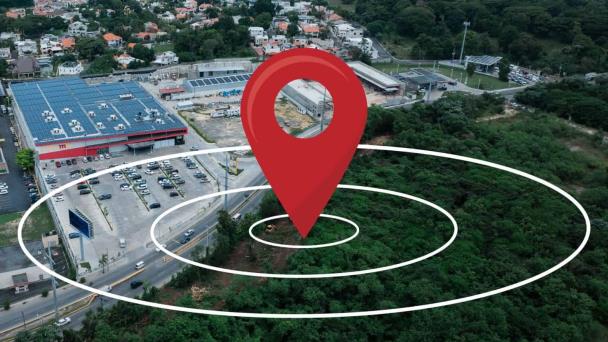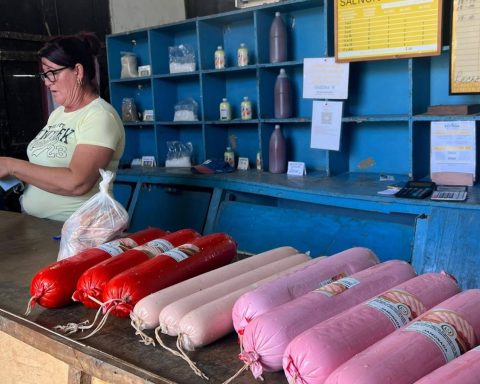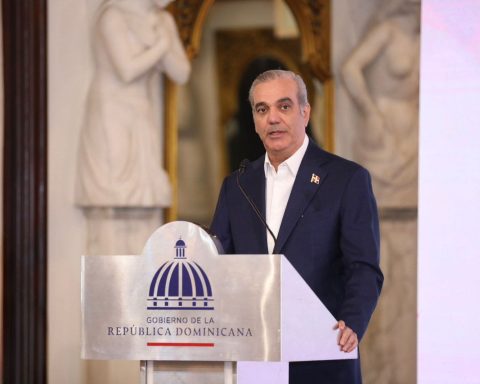Patricia Balbuena, former Vice Minister of Interculturality and former Minister of Culture.
Some communities with the legal support of some NGO They demand that the petitions miners that are in their areas must comply with the process prior consultation recognized in Law No. 29785 and ILO Convention 169.
On this matter, the Plenary Session of the Constitutional Court In July 2023, it declared unfounded a request for protection in which the nullity of concessions was requested on the grounds that the granting of a mining concession does not authorize the execution of exploration or exploitation activities, so there is no direct impact that should be consulted. And in other rulings it has ruled in a similar way. But there are some courts of first instance in some regions that interpret the Law in a different way than the Constitutional Court. Let us then specify some concepts to overcome this legal impasse.
What does a mining concession entitle you to? Article 66 of the Political Constitution states that natural resources, both renewable and non-renewable, are the heritage of the Nation and the State is sovereign in their use.
Law No. 26821, the Organic Mining Law, states in its article 23 that the concession grants its holder the right to use and enjoy the natural resource granted, but establishes a series of preconditions before starting any activity. Thus, it should be noted that a concession does not grant the right to carry out any activity in the territory, but rather that the permits and authorizations must be obtained beforehand, in accordance with the provisions of the Law, such as: (i) obtaining permission from the owner of the surface land; (ii) that an Environmental Study be approved; (iii) that the prior consultation process be carried out on the activities to be carried out, in the event that there are indigenous peoples, among others.
Is Prior Consultation required when a mining claim is submitted? According to ILO Convention 169, Law No. 29785 and its Regulations, for there to be an obligation to carry out Prior Consultation, two facts must occur: (i) the existence of an indigenous community in the territory, and (ii) that there is a direct positive or negative impact on their collective rights, which must be understood as a decision that the State will make that would produce changes in the exercise of the rights of indigenous peoples or in their legal situation. During the Prior Consultation process, information is provided and agreements are sought for the development of the activity within the framework of a dialogue to address these impacts.
In this sense, it is not possible to implement a Prior Consultation at the time when a mining request is submitted because there is no information on the scope of the possible mining site (it may not exist) and even less on the scope of the activities to be developed, so it would not be possible to identify what would be the impact on the collective rights of the indigenous peoples of the place. We could imagine the Peruvian State carrying out hundreds of annual consultations in different areas without having absolutely any information to provide to the indigenous peoples, other than just the perimeter of the identified area. What impacts can they discuss and reach agreements on, if these do not occur? A concession does not limit any rights of the communities.
It is also worth noting that the Prior Consultation regulated by ILO Convention 169 differentiates it from the veto. Prior Consultation is not about deciding whether or not the activity is wanted, but about building agreements with the State to guarantee that collective rights are incorporated into the State’s decision.
Conclusion: For these reasons, the mere fact that the State approves a mining concession does not generate an affectation of collective rights given that the start of any activity that could produce changes in the exercise of collective rights of the Indigenous Peoples is not being authorized.
Finally, this interpretation could promote greater informality and illegality in the development of mining activity, further affecting the indigenous peoples that are to be protected.
